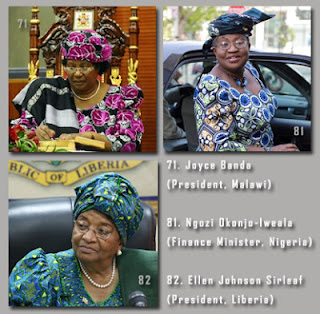Formed as the Organisation for African Unity on the 25th
of May 1963, the OAU later became AU (African Union) in 2002. It initially encompassed 32 independent
African countries and today it represents 54 countries across the African
continent. The only country that is not part of the AU is Morrocco in its attempt
to protest the admission of Western Sahara in 1982.
The organisation was designed to unite the continent and bring
independence to the remaining states still under colonialism and apartheid in South Africa's circumstance.
There have been numerous challenges that have faced the
organisation and these trials could have resulted in an immediate collapse of
the organisation. Its survival is a true testimonial of Africa’s endurance and
potential. A high degree of credit is due to Abdelaziz Bouteflika (President of
Algeria – 1999 to 2011), Olusegun Obasanjo (President of Nigeria – 1999 to
2007) and Thabo Mbeki (President of South Africa – 1999 to 2008).
For my beloved continent I sincerely hope for peace, development, regional economic integration and genuine leadership that is accountable.
In our lifetime we need to ensure the success of the African
Union. We may not fully reap the benefits but Africa’s future generations will.
It's in our best interest to protect our continent and everything that belongs to it.
My sources: http://www.au.int/en/ ; http://www.theafricareport.com ; http://www.aljazeera.com
Image credit: http://www.aljazeera.com
Image credit: http://www.aljazeera.com






























